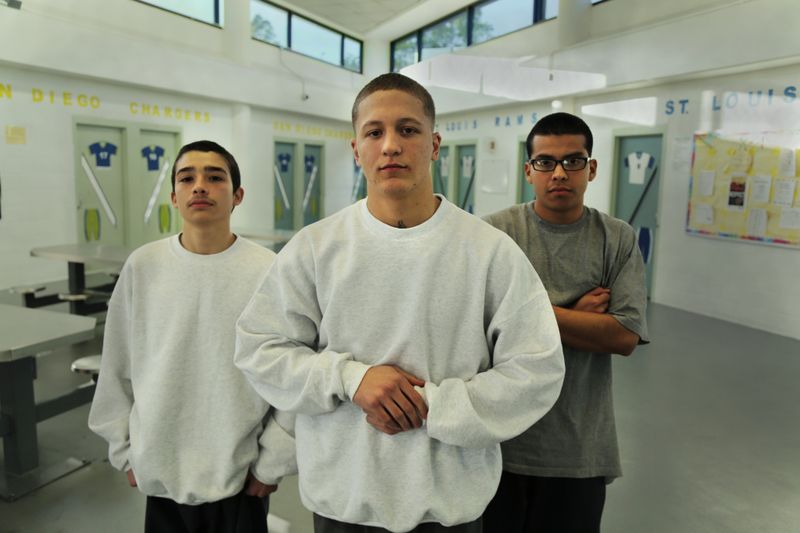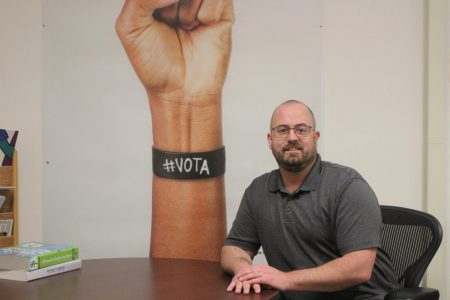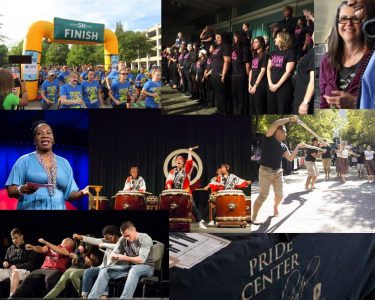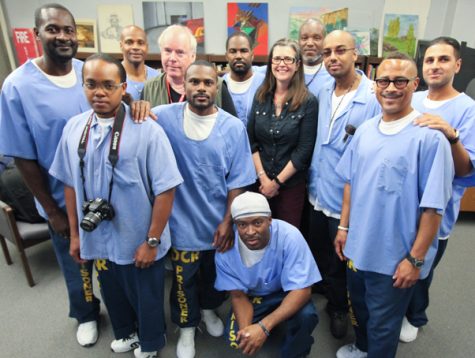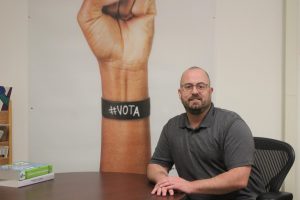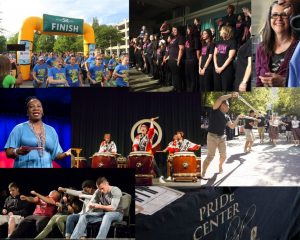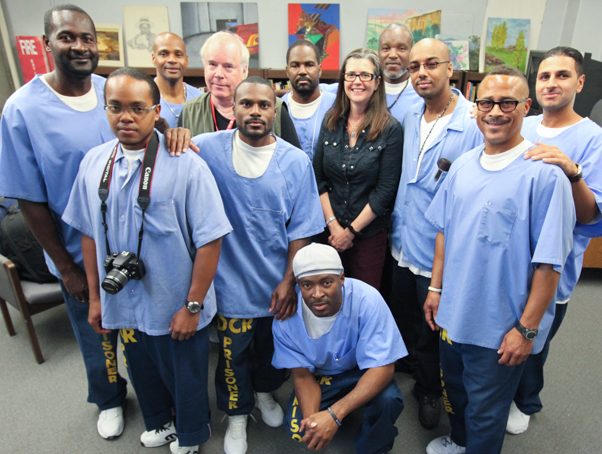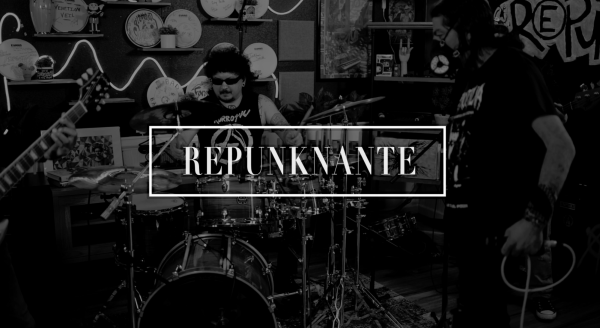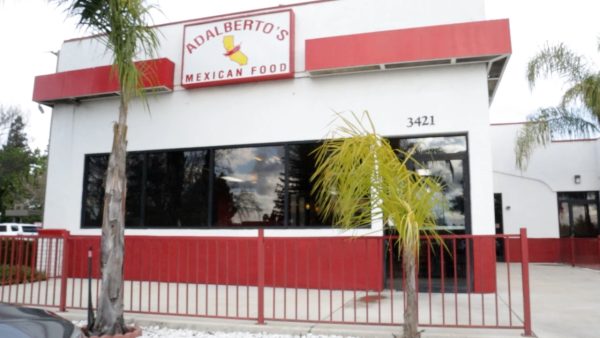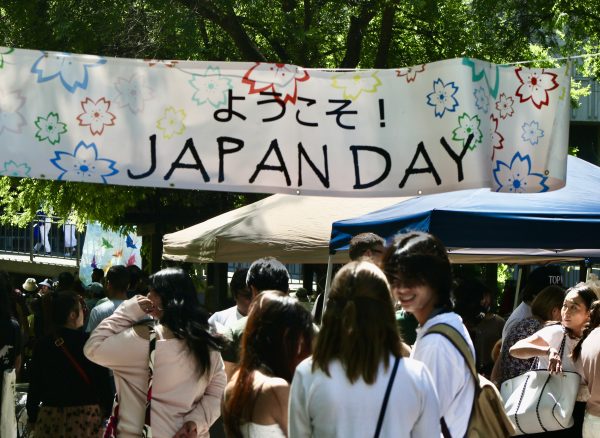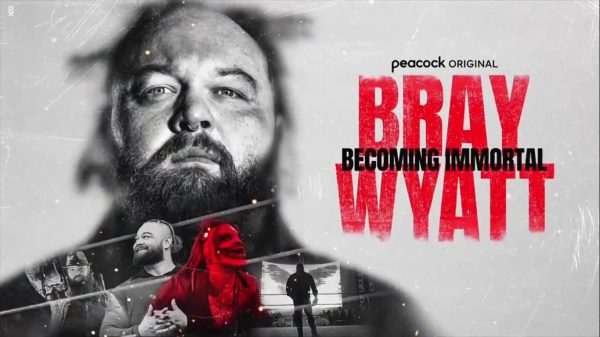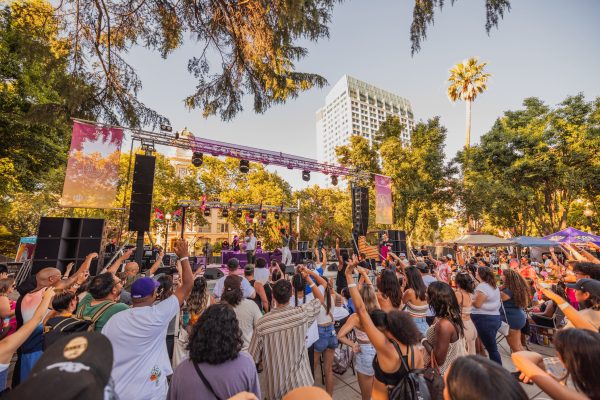Project Rebound hosts screening of documentary ‘They Call Us Monsters’
Film attempts to humanize juvenile offenders
Photo courtesy of They Call Us Monsters / BPM Films
From left, Antonio Hernandez, Jared Nava and Juan Gamez, the subjects of the documentary ‘They Call Us Monsters.” Hernandez was part of the panel and showing put together by Project Rebound on Monday.
February 5, 2019
Over 50 Sacramento State students, faculty and guests gathered in the University Union’s Hinde Auditorium on Monday to view the documentary “They Call Us Monsters.”
The documentary explores the experiences of three juvenile offenders facing life sentences in a Los Angeles juvenile detention center while they participate in a screenwriting course with producer Gabe Cowan.
The film concluded with a Q&A panel. The panel featured Michael Mendoza, policy director for the Anti-Recidivism Coalition, which offers a variety of services to incarcerated individuals, Ben Lear the producer and director of the film and Antonio Hernandez, one of the boys featured in the film who was released on parole during filming.
This was the first time the documentary had been shown with Hernandez participating in the panel.
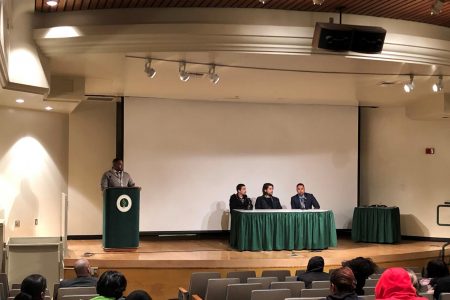
From left to right, Alton Williams, Antonio Hernandez, Ben Lear and Michael Mendoza at the “They Call Us Monsters” screening and panel in the Hinde Auditorium on Monday. The documentary captures the experiences of three juvenile offenders facing life sentences in a Los Angeles juvenile detention center.
Lear said he hopes the film can change how people view the penal system for juveniles. He said the change started with SB 260.
“[The film] provides opportunity to earn a second chance after they’ve made a mistake,” Lear said.
The event was hosted by Project Rebound in collaboration with Brown Issues, The Multicultural Center and the Career Center.
Students in attendance ranged from those who were offered extra credit to view the film, to those who attended based on personal interest.
Robert Rodriguez, a senior sociology major, attended the film based on his own intrigue towards the subject. He said he desired to learn more about the “imbalances of sentences” in the criminal justice system, especially when related to juveniles.
Project Rebound aims to aid formerly incarcerated students in adjusting to college life. It currently works with about 25 students.
Sac State Students arriving for the screening of the documentary “They Call Us Monsters”- a film that follows the lives of three juvenile delinquents. The event is scheduled to start at 4:30 @TheStateHornet pic.twitter.com/tGJn0gcYuW
— jordan (@jordansilvaben) February 5, 2019
Alton Williams, Project Rebound program coordinator, said the organization decided to show the documentary because it is “powerful” in that it shows the transition possible for prisoners, especially shown in the redemption of Antonio Hernandez.
Hernandez was arrested at 14 for two attempted murders, and faced a 90-year life sentence but was granted parole for good behavior during filming since he was still under the age of 18.
However, he re-entered prison after being tried as an adult for two robberies. At 21, he was released in January of this year and now hopes to go to school and eventually become a lawyer for young offenders.
The other two inmates, Jared Nava and Juan Gamez, were 16 at the time of their arrest and faced charges for four attempted murders and first degree murder respectively, according to the documentary.
The film paralleled the youth’s experiences with the debate over California Senate Bill 260.
The bill requires parole hearings for juveniles arrested before age 18 and requires parole boards to review the cases differently than if they were adults, if they have served at least 15 years of his or her sentence.
The bill ultimately passed and was instated on Jan. 1, 2014.
Andrew Winn, Project Rebound program director, hoped the documentary allowed students to “gain humanity” for the incarcerated.
“I’m a firm believer that people aren’t the sum of their bad days and I think that this movie is indicative of that,” Winn said.
Leo Leon, a Sac State student, attended the viewing for extra credit in his delinquency class. He said the viewing was, “really cool, really informative” and “effective just learning what it’s like to be incarcerated, hearing their point of view.”
Leon had the most interest on the emphasis of how brain development affects criminal habits.
Project Rebound currently has both a career readiness workshop scheduled for April 3 and a graduate school workshop scheduled for April 18. Both events will be held in the Aspen and Meadow rooms within The WELL.
Students enrolled with Project Rebound will have their graduation ceremony on May 3 in the Redwood Auditorium in the University Union.


























































































































